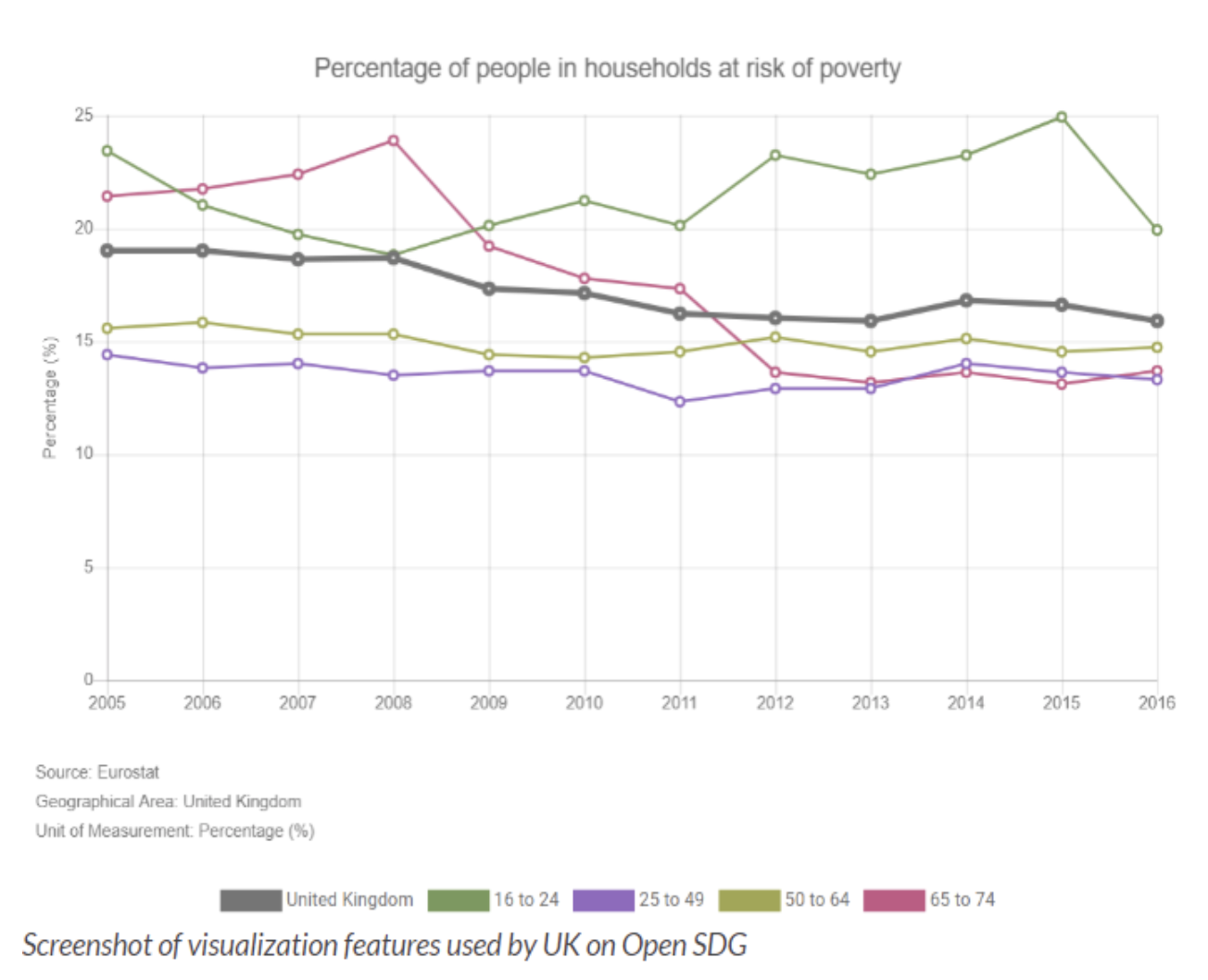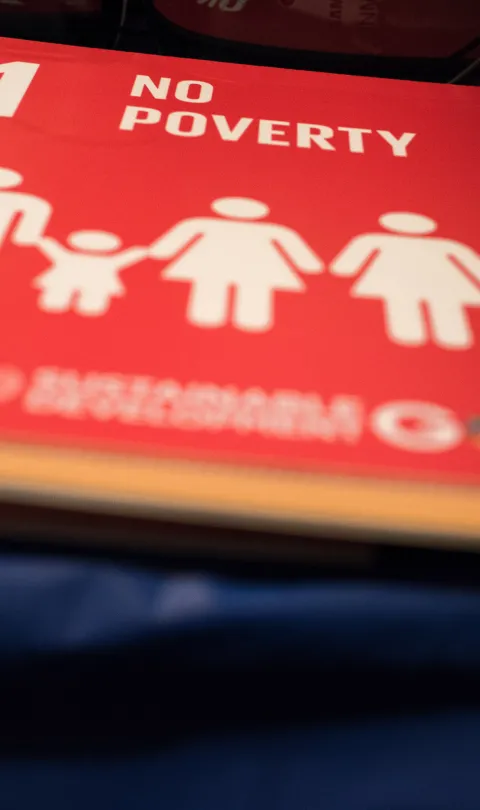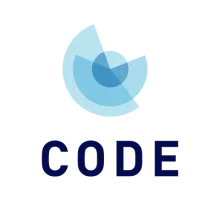The UN Sustainable Development Goals (SDGs) set out an ambitious agenda to address the world’s most pressing challenges. This global action plan, which includes 17 goals and 169 targets that are tracked using 232 unique indicators, can only be achieved if data on the SDG indicators is made available to government decision-makers and the general public.
Open-source solutions for managing and publishing this data -known as SDG reporting platforms - can help governments save time and resources, and make this technology available to others. The Open SDG platform is a strong example of what collaboration using open-source tools can achieve.
Open SDG is the result of collaboration between teams from the US government, the UK Office for National Statistics (ONS), and the nonprofit Center for Open Data Enterprise (CODE).
In 2016, the US government launched an open-source platform for the SDGs at sdg.data.gov, leveraging open-source code that was originally developed by the City of Philadelphia. The UK Office for National Statistics forked this platform on GitHub and added a range of custom features. As part of its SDG National Reporting Initiative, CODE connected with the US and the UK to support and facilitate greater information sharing about open-source reporting platforms for the SDGs. Teams from the US government, the UK ONS, and CODE began working together in 2017 to implement new developments. Several other countries around the world adopted the US and UK SDG reporting platforms, including Ghana, Jamaica, Poland, and Rwanda. As more countries adopted the US and UK platforms, and as new features were being developed, there was a need to better share capacity and reduce duplication of efforts. This growing need was met through the development of Open SDG, which merged early versions of the US and UK platforms into a shared codebase.
Open SDG fills a gap in the SDG reporting space by providing a free, open-source platform that can be customized to fit a variety of user needs.
Open SDG is built exclusively with open-source libraries and tools and can be hosted and maintained using free services. It is also available at no cost, can be modified to fit a variety of user needs, and comes with many customizable tools and features. Using Open SDG, changes or customizations made by one team can be easily shared and leveraged across the entire community. Armenia, for example, adopted the platform but preferred to display the SDG goal layout arranged in two-columns (target and indicator) and edited the code to provide this feature, which has now become a part of the core Open SDG platform. This kind of country customization allows for country ownership of the platform while also developing new features at no cost for the other users of Open SDG.

Open SDG underscores the value of usability with data management capabilities, options for data visualization, machine-readable download formats, and multilingual support.
SDG reporting platforms can take many different forms. CODE previously collaborated with Open Data Watch to evaluate over 30 NRPs around the world. The Open SDG platform is unique given that it offers features for usability that align with the Principles and Guidelines for SDG Indicator Reporting and Dissemination Platforms, which are not available on many other platforms: 
-
Data management capabilities and tools that can display any reporting status for indicators in each goal
-
Several options for data visualizations: graphs, data tables, and maps
-
Data that can be downloaded in machine-readable formats
-
Multilingual support. Availability in all official UN languages: Arabic, Chinese, English, French, Russian, and Spanish. Additional languages can be added through SDG Translations. Recent additions include Armenian and German.
Open SDG is powered by a global community of users and we want you to join us.
Since merging their platforms into Open SDG, the US government, UK ONS, and CODE have collaborated with a number of other governments to implement this SDG reporting solution. In recent months, Armenia, Ghana, Kazakhstan, Kyrgyzstan, and Rwanda have set up their own versions of Open SDG. The US government, UK ONS, and CODE are also exploring opportunities to collaborate with international organizations and subnational governments with an interest in SDG reporting, including the City of Los Angeles, which adopted Open SDG and launched sdgdata.lamayor.org in July 2019. A selection of Open SDG case studies is available here.
As an open-source project, the teams collaborating on this work are eager to continuously improve Open SDG by expanding the community that uses it. If you or your organization is interested in using the Open SDG platform, there are resources available:
For more information, you can also visit the Open SDG GitHub repository or email [email protected].


